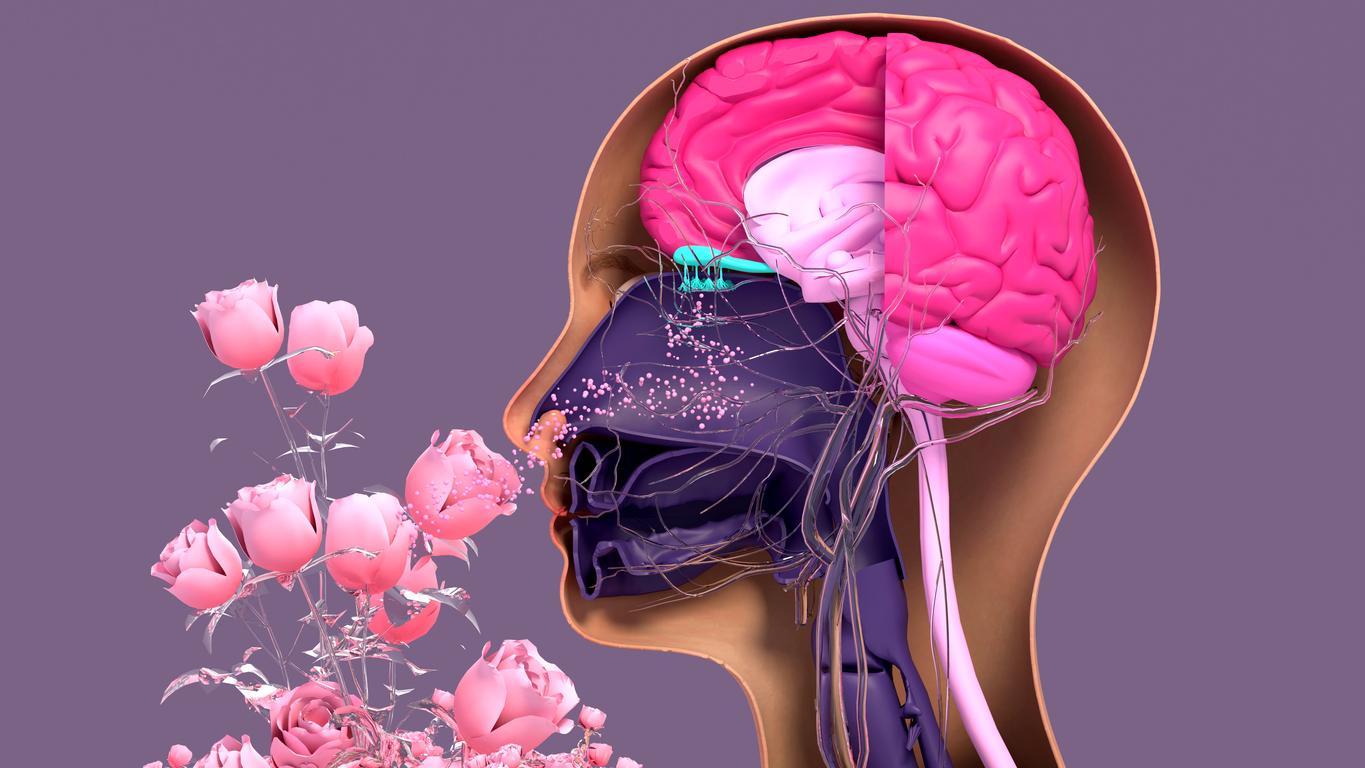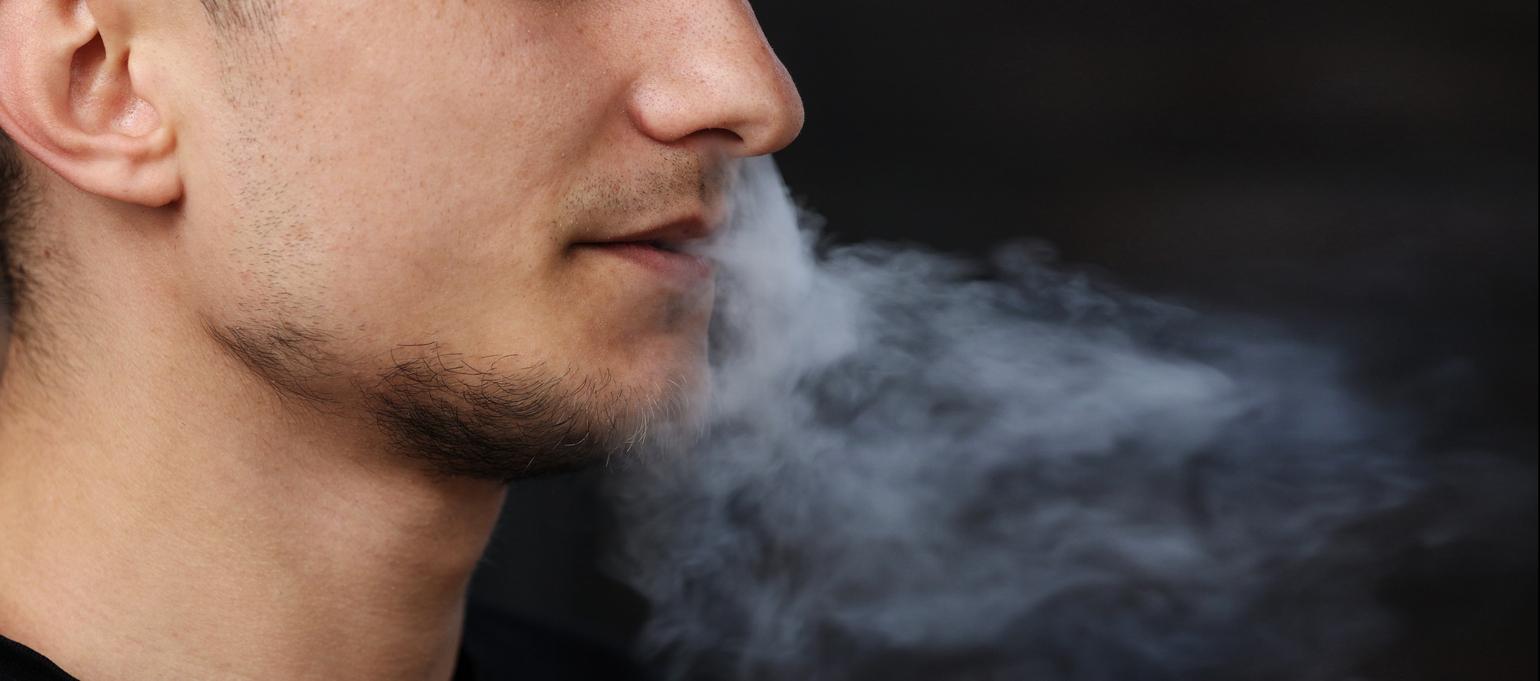Compared to that of other animals, human sense of smell is weak and underdeveloped. At least that’s what we all believe. However, a new American study published in the Science journal comes to shake up this received idea by affirming that the weakness of our sense of smell is only a false belief, carefully maintained since the XIXth century.
Similar olfactory neurons in humans and dogs
“A modern look at the human olfactory bulb (the area of the brain that helps identify smells) shows that it is rather large compared to that of rats and mice, which are presumed to possess superior smells. number of olfactory bulbar neurons in 24 species of mammals is comparatively similar, including that of humans, and our sense of smell is similar to that of other mammals “ says Prof. John Mc Gann, from Rutgers University (United States).
According to the researcher, the poverty of our sense of smell dates back to the work of the neuroanatomist Paul-Broca in the 19th century. The latter believed that the human frontal lobe, larger than that of other mammals, had grown at the expense of the size of the olfactory bulb. This impoverishment of smell had also influenced the work of Freud who argued that olfactory atrophy made humans susceptible to mental illness.
We could distinguish a million different smells
In fact, Professor McGann believes, there is no support for the notion that a larger olfactory bulb compared to the rest of the brain confers superior smell.
Humans could distinguish perhaps a million different smells, according to the researcher, far more than the 10,000 or so mentioned in psychology textbooks. We would even be more sensitive to certain smells and scents that rats and dogs. “Dogs are probably better at distinguishing the different smells of urine, but humans are much better at smelling the aromas of fine wines”.
Read also :
Your nose can tell you what’s wrong
The smell of dogs to screen for breast cancer
















